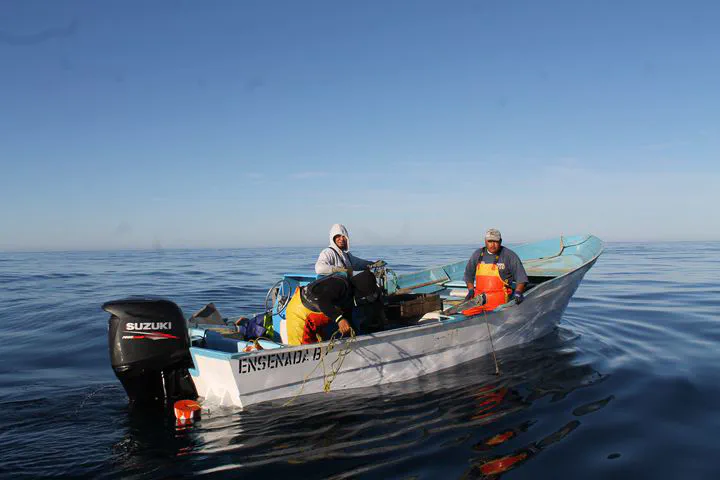Climate variability and labor allocation: Evidence from Mexican small-scale fisheries
2024· ·
0 min read
·
0 min read
Seleni Cruz
 Image credit:
Image credit:Abstract
Climate variability creates shocks in food production and can lead to income instability in agricultural and fishing communities. Adaptive strategies, such as diversification within (e.g. crop or species diversification) and across (labor reallocation) sectors can mitigate these risks. However, the costs of diversification remain understudied, particularly in rural settings where communities have limited capital and skill transferability. This study examines the impact of the El Niño Southern Oscillation (ENSO) on labor allocation, income, and fishery production in small-scale fishing municipalities in Mexico from 2006 to 2022. Contrary to expectations, fishers reduce the diversity of their catch and increase their reliance on fishing rather than reallocating labor to non-fishing sectors. This behavior is driven by the low cost of switching between fish species and the high cost of switching sectors, due to low educational attainment and the rural nature of these communities. In this context, specialization increases fishery production, resulting in negligible or even positive effects on household income. These findings underscore the role of switching costs in shaping adaptation strategies for climate change and variability.